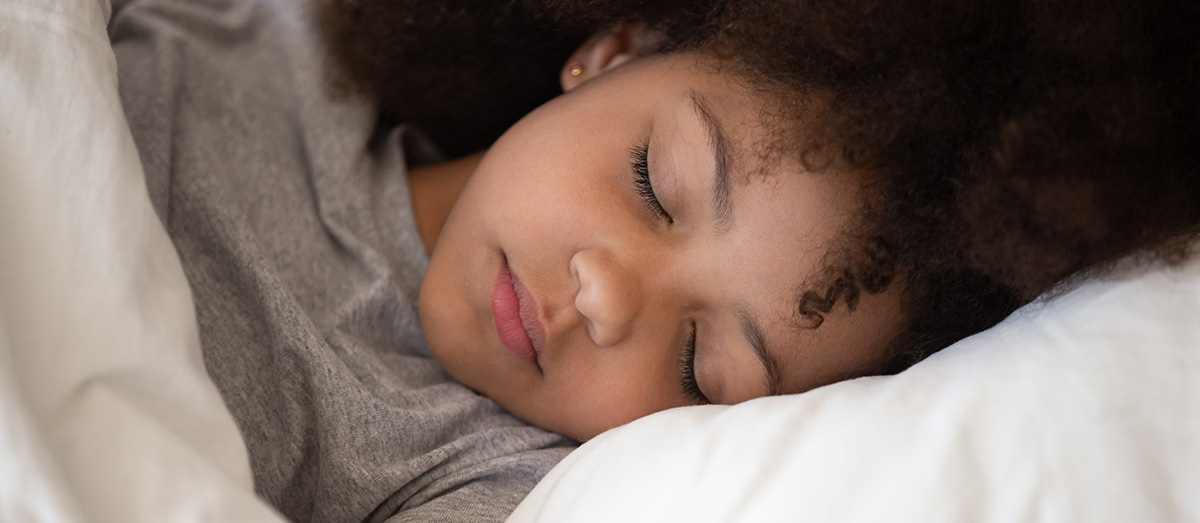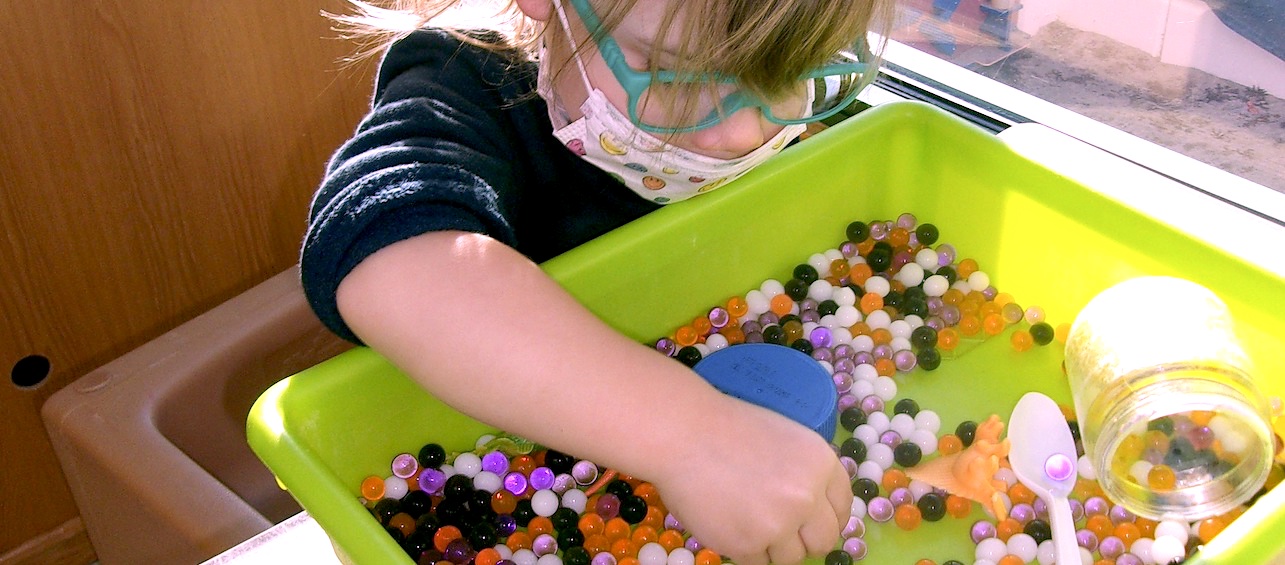A good night’s rest is important for everyone, but is particularly key for kids’ mental, physical and emotional well-being.
It’s estimated that around 25% of healthy children and teens have difficulty sleeping. That number goes up to 75% for those who have psychiatric or neurodevelopmental disorders, like ADHD or autism.
As a result, many parents have explored the use of melatonin to help their kids sleep. In fact, we receive calls nearly every day at our Drug and Poison Information Center about dosage and safety concerns. In 2019 alone, we answered nearly 850 calls related to the supplement.
Because we receive so many questions about melatonin, I’d like to share the top five things parents should know about it:
5 Things Parents Need to Know About Melatonin Use in Kids
1. What it is
Melatonin is a hormone produced by the brain that plays a role in sleep. It is made from a naturally occurring amino acid in the body called L-tryptophan. Melatonin is sold as an over-the-counter sleep aid supplement and comes in a variety of dosages and forms, like pills, chewable gummies and liquids.
2. The proper timing and dose
We receive a lot of questions about the best time to give melatonin and what dose is appropriate. The American Academy of Pediatrics states that the optimum dose and timing depends on why and how it is being used. Every child reacts differently to melatonin, which is why it is important to have a conversation with your child’s doctor about it.
3. Side effects
The most common side effect is drowsiness or daytime sleepiness. That said, there are other potential side effects, which are less common: sweating; vision problems; and belly pain.
4. Potential interactions
It’s best to speak with your child’s doctor before giving him melatonin, to make sure that it won’t interact with his other medications. There is a potential for adverse reactions in those who have epilepsy and those on blood thinner medications.
5. Its safety
Perspective on the safety of melatonin in kids varies widely. For short-term use, it appears to have a wide safety margin. However, there is not much information and research on the long-term use in kids. We recommend speaking to your child’s doctor before giving her melatonin.
It’s important to note that good sleep habits can go a long way in helping kids get a good night’s rest. Read some tips on how to do this in a previous blog post.
If you have questions about melatonin or any other substance, please call your Drug and Poison Information Center at 1-800-222-1222. We will learn more about your child’s situation and can help you with potential next steps to take.





